This story originally ran on Oct. 15, 2020 on The Ultimate Predator.
Even the most experienced, seasoned hunters get a chill when imagining themselves stripped of their gear, alone in the wilderness. It’s a pretty extraordinary thing, then, to find someone who’s not only comfortable with that idea, they relish it. Donny Dust, owner and operator of Paleo Tracks Survival in Colorado, is just such a person. A Marine veteran, author, television and film consultant, TV personality, and public speaker, Donny is also one of the foremost practitioners of primitive technologies and primal bushcraft. We’re eager to showcase his writing as one of our newest contributors to the site and thought an interview would be an excellent way to introduce him to our readers.
TUP: Donny, thanks for taking the time to speak with us. Let’s start at the beginning: What got you started on your journey to become a “professional caveman?”
DD: “Professional caveman” is the term most people use when describing my lifestyle, interests, and adventures. Maybe it stems from my love of living in caves, hunting with traditional weapons, and constant pursuit of creating stone tools using millennia-old techniques. But I’ve always been involved in the outdoors, living a little bit wilder and more free than most. As a young boy I was always outside, fishing, hiking, building shelters, and exploring the world around me. My pursuits were wild and still are today. Over the years I have opted to remove the “stuff” that we often believe we need to be successful in the wild and focus instead on the utilization and creation of Stone Age technologies.
TUP: You’re a Marine veteran. Has your military experience informed your interest and skills in bushcraft and survival? How?
DD: Absolutely! I served 12 years of active duty in the United States Marine Corps. One important lesson I learned from my time in the Corps is that we are fully capable—more capable than we give ourselves credit for. The Corps, and more importantly the Marines around me during my time in the service, fostered my pursuits into survival and bushcraft. While serving, I attended several survival courses in numerous locations, to include high deserts; deep, remote jungles; mountainous peaks; completely waterlogged swamps; and open seas/waters. At no point during my time in the United States Marine Corps was there an absence of opportunity to learn how to survive and thrive in the wild places this world offers. The Marine Corps imparts a mentality of striving for greatness through action, and they enabled me to strive for and attain greatness in my way.
TUP: Hunting is among the oldest practices known to mankind, yet many hunters tend to fixate on getting the latest and greatest tech and gear. What are your thoughts on this trend?
DD: I say grow where you are planted. Every person can pick their hunting tools and that is for them to decide. I do not judge in any way. Traditional archery equipment and stone tools for processing game are my “picks.” My choices have provided me with a different approach to hunting, one that focuses on a less-is-more, know-more-carry-less style that depends on nature to provide all that I need to hunt. At a certain point, we need to reflect on our tools of choice and honestly ask ourselves if we are honoring the hunt. More importantly, did we deserve the life that was put before us? With today’s technological advantages, we have removed the requirements to be mentally, physically, emotionally, and more importantly, primally strong to hunt. Hunters—not all of them do, of course—can now shoot all manner of weaponry at distances that are outrageous instead of focusing on the knowledge, skills, and true abilities of what an ancient hunter would employ to take game. That is honoring the hunt to me. That is my approach and will always be my approach. HUNT: Humans Utilizing Natural Tools.
TUP: I think most hunters and outdoorsmen (myself included) view themselves as prepared to survive in nature, but take away our equipment and things would get bleak pretty quickly. In what ways could we all benefit from practicing primitive bushcraft techniques?
DD: There is nothing wrong with having the “stuff” to enable a survival situation. I do! I have the stuff I need based on the situation. If I am snowshoeing with my sons, I have thermal blankets, fire starters, a signal mirror, whistle, small first-aid kit, knife, and cordage to name a few. Why? If I must utilize these items it’s most certainly an emergency and I want immediate results. However, it’s important to know how to create the same from the natural landscape in the event these items become lost or broken. It is an approach to being prepared and having the skills to adapt in a worse-case scenario. Knowledge, skills, and abilities are a must-have. Hunters and outdoorsmen need to practice survival and bushcraft skills just as much as they practice with their chosen weapon or outdoor equipment.
TUP: You’re one of the preeminent practitioners of flintknapping, the crafting of flaked or chipped stone tools for spearpoints, knives, scrapers, and other tools. What makes this practice special? What value is there in this practice for modern outdoorsmen?
DD: Flintknapping is the most ancient form of art and tool production. We, people of this earth, have used stone tools longer than any metal. It’s one of our oldest and most important traditions, but it has been largely forgotten and overlooked. Flintknapping is among the hardest skills to learn. It’s not a skill that can be learned during a weekend survival course. It takes years to produce the necessary tools of survival. These tools are what enabled us to climb to the top of the food chain thousands of years ago, or at least compete for that top spot. The value this skill brings to modern outdoorsmen is simple: It delivers a connection to the ancient ways to live. It enables a wilderness self-reliance through understanding how to create tools to survive. Most importantly, it fosters our number-one survival skill—creativity. Understanding how to flintknapp is the truest form of wilderness self-reliance.
DD: The best advice I could provide to anyone in a survival situation is this: Creativity is our number-one survival skill. Creativity is, and will always be, our first resource for bringing to life the things we need to survive. We can create shelters, tools, fires, signals for help, safe water consumption, and countless others. When we think with no action, we can quickly succumb to the world—that’s called imagining. When we think with action, we can create everything, and that is called creativity. We must think and act!
TUP: What game do you enjoy hunting most and why?
DD: This sounds crazy, but I love hunting marmots with a primitive bow. First, they taste delicious, have beautiful pelts, and are rather difficult to get to. Hunting them requires knowledge, skills, and most definitely abilities to reach. Walking well above 11,000 feet, enduring varying temperatures and weather patterns, requires a certain type of hunter, but they are tasty. The juice is worth the squeeze in my opinion. Second, they share (approximately) the thoracic cavity size of an elk and prepare me for elk season through target referencing practice. Lastly, they have a short season and have minimal overlap with other seasons. So you could be the only one in the mountains, practicing the age-old knowledge, skills, and abilities associated with one of man’s oldest practices—hunting.

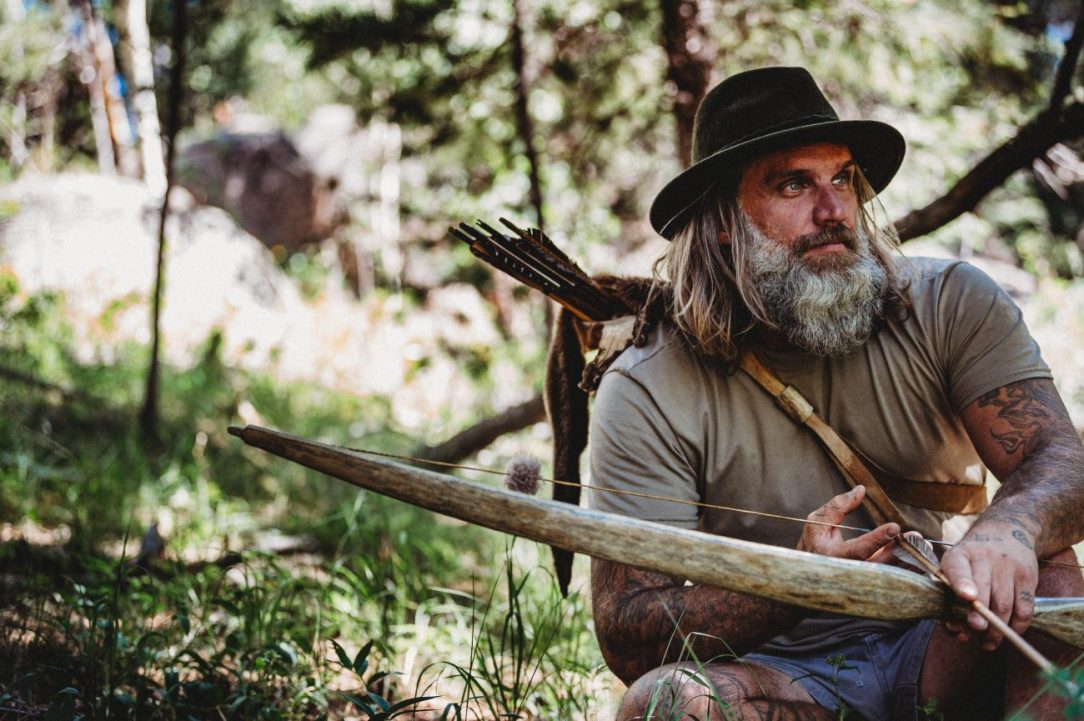


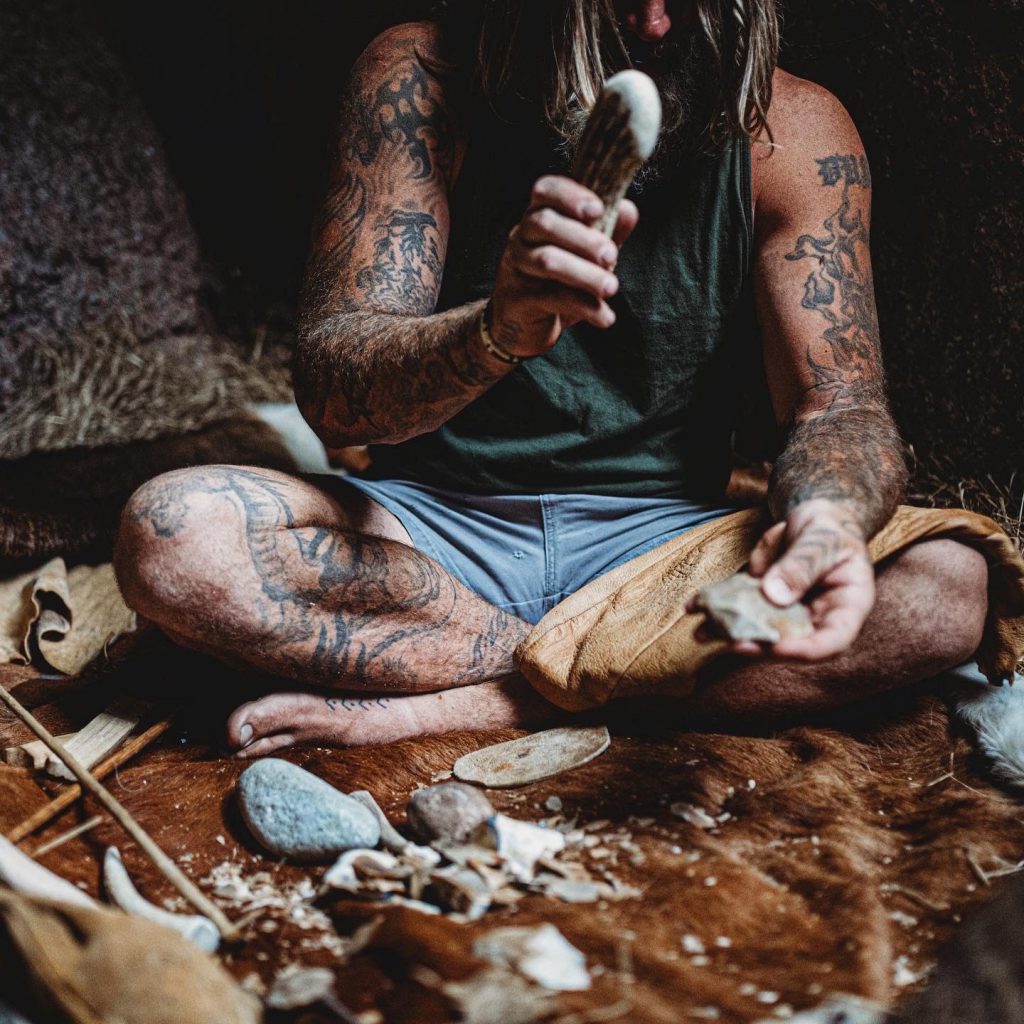

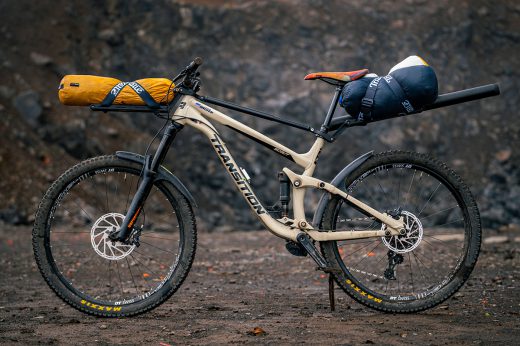
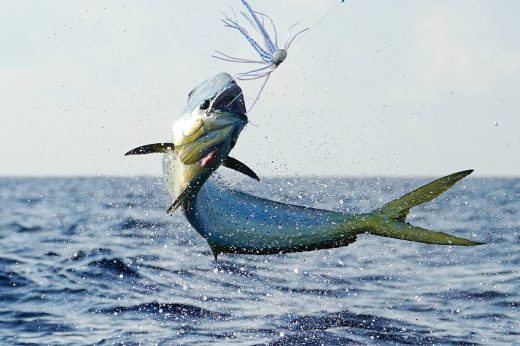
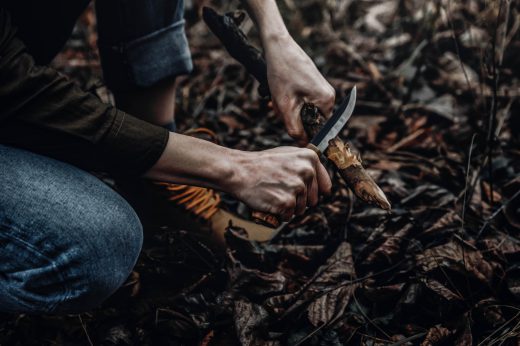


Comments